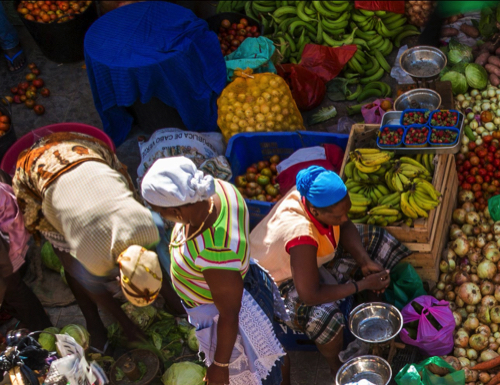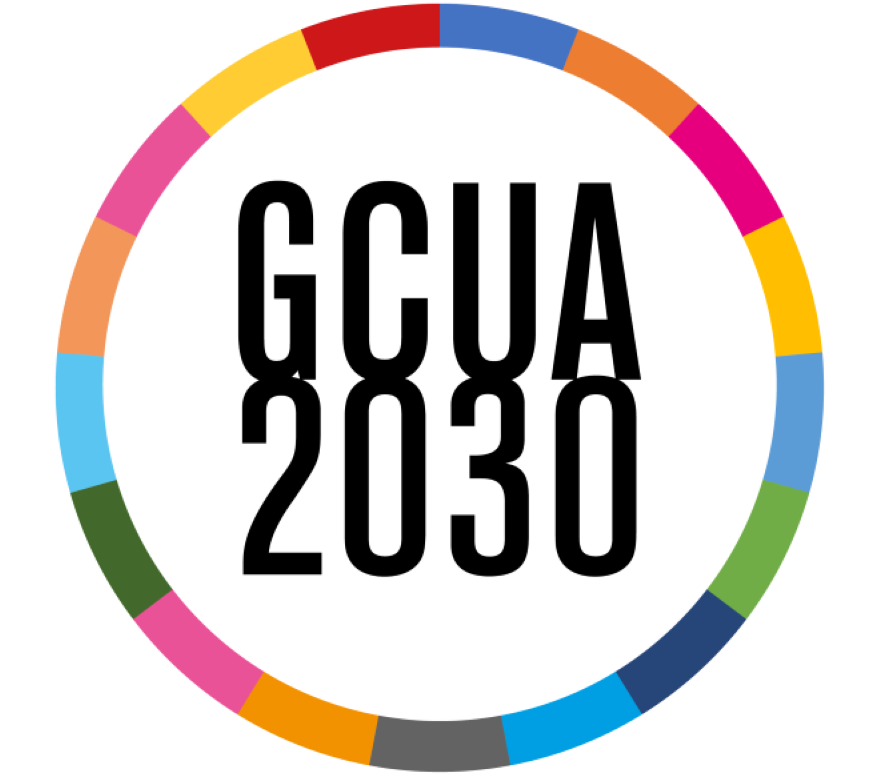
Welcome to SLU at DevRes 2021!
SLU is one of the organisers of DevRes2021. Our researchers contribute to several sessions of the conference, as chairs or as speakers. Here you find the full programme as well as lists with contributing SLU researchers. You will also find a lot of useful information about some of the research at SLU.
Monday 14 June - SLU contributions
10:45-12:15, Room 3, Session 3: Sustainable dryland development for livestock keepers in sub-Saharan Africa (SDG 8,16). SLU staff involved – Panelists: Gert Nyberg, Ewa Wredle, Lufunyo Lulandala. Chair: Göran Bostedt. Presentation: Göran Bostedt - Escaping the pastoralist paradox in the face of climate change. Gert Nyberg - Some (quite many) perspectives on dryland restoration. Lufunyo Lulandala - Excessive livestock grazing overrides the positive effects of trees on infiltration capacity and modifies preferential flow in dry Miombo woodlands.
10:45-12:15, Room 4, Session 4: Agricultural and technological transformations for sustainable development (SDG 6, 7). SLU staff involved - Chair: Johanna Bergman Lodin.
10:45-11:45 - Room 5, Session 5 (Part one): Agronomy at work (SDG 2, 1). SLU staff involved - Chair: Libére Nkurunziza. Presentation: Salme Timmusk - Plant stress tolerance: Realising the global sustainable development goals.
10:45-11:45 - Room 6, Session 6: Gender and inclusion in agriculture (SDG 5, 10). SLU staff involved - Chair: Adan L. Martinez-Cruz.
10:45-11:45 - Room 9, Session 9: Formas and Sida seminar - Mobility support to Swedish researchers. SLU staff involved - Chair: Ingrid Öborn. Presentation: Miriam Frida Karlsson and Kristin Piikki.
LUNCH
14:15-15:15 - Room 4, Session 13: Climate change – resilience, mitigation and adaptation. SLU staff involved - Chair: Adan L. Martinez-Cruz. Presentation: Francisco X. Aguilar - Capital Assets Associated with Rural Households’ Resilience to Water Scarcity: Evidence from Smallholder Farmers in South Sulawesi, Indonesia.
14:15-15:45 - Room 5, Session 14: Dialogue on opportunities and needs within Development Research. SLU staff involved – Panelist: Ingrid Öborn.
As this list might not be complete, please contact global@slu.se to add SLU staff involved.
Tuesday 15 June - SLU Contributions
Cancelled! 10:45-12:15, Room 3, Session 20 (Part one): Engendering rural transformation for sustainable development (SDG 1, 2). SLU staff involved – Panelists: Johanna Bergman Lodin, Linley Chiwona-Karltun, Merezia Wilson. Chair: Linley Chiwona-Karltun.
10:45-12:15, Room 5, Session 22 (Part one): Transformative Forest and Landscape Restoration to achieve the SDGs – Research, theory and practice (SDG 15, 2). SLU staff involved – Panelists: Aida Bargués Tobella, Rosa Goodman, Lars Laestadius.
LUNCH
Cancelled! 14:15-15:45, Room 3, Session 28 (Part two): Engendering rural transformation for sustainable development (SDG 1, 2). SLU staff involved – Panelists: Johanna Bergman Lodin, Linley Chiwona-Karltun, Merezia Wilson. Chair: Linley Chiwona-Karltun.
14:15-15:45, Room 5, Session 30 (Part two): Transformative Forest and Landscape Restoration to achieve the SDGs – Research, theory and practice (SDG 15, 2). SLU staff involved – Panelists: Ulrik Ilstedt, Erik Karltun, Gert Nyberg.
16:00-16:45, Room 1, Poster session: SLU staff involved – Poster: Göran Bostedt - Saving for Dry, not Rainy, Days - Saving and Borrowing Behavior among Agropastoralists in West Pokot County, Kenya.
As this list might not be complete, please contact global@slu.se to add SLU staff involved.
Wednesday 16 June - SLU contributions
10:45-12:15, Room 1, Session 35: Agroforestry, Livelihoods and Resilience: How to translate research into policy and practice at scale (SDG 15, 2). SLU staff involved - Moderators: Pierre Chopin A. Sigrun Dahlin, Ingrid Öborn.
10:45-12:15, Room 2, Session 37: Hybrid governance: What does it mean for sustainable futures? (SDG 17, 10). SLU staff involved - Presentation: Alin Kadfak - Casting a wider net: Emerging of labour standards by non-state actors in Thailand fishing industry.
10:45-11:45, Room 3, Session 38: Sustainable food systems (SDG 2, 1). SLU staff involved - Chair: Assem Abu Hatab. Presentation: Peter Rogers Ruvuga - Rangeland management practices for enhancing food security in Miombo woodlands: Overview
LUNCH
13:15-14:00, Room 1, Poster session: SLU staff involved - Poster: Isabel Blanco Penedo - Understanding antimicrobial use in a contrasting world - On the road to reducing antimicrobial resistance for all.
14:15-15:15, Room 3, Session 46: Tree cover and forest dynamics (SDG 15, 13). SLU staff involved -Chair: Aida Bargués Tobella. Presentation: Kristina Marquardt - Forest Dynamics in the Peruvian Amazon: Understanding Processes of Change.
14:15-15:15, Room 4, Session 47 (Part two): Agronomy at work (SDG 2, 1). SLU staff involved -Chair: Ingrid Öborn. Presentation: Pierre Chopin - A review of methods, indicators and sustainability problem representation in farm sustainability assessment.
14:15-15:15, Room 5, Session 48: Stakeholders involved in the advancement of a sustainable transformation (SDG 16, 9). Chair: Francisco Xavier Aguilar. Presentation: Sara Lysholm - The perceptions and practices of Zambian farmers and traders on sheep and goat health and disease. Van Hung Do: Participatory development of agroforestry systems in Northwest Vietnam: using quantitative and qualitative data for evaluation and design improvement
As this list might not be complete, please contact global@slu.se to add SLU staff involved.

One Health and Antimicrobial resistance (AMR)
Antibiotics, drugs to combat bacteria, are useful tools in both veterinary and human medicine. They allow us to treat bacterial infections in animals and people. The problem is that all use of antibiotics kills the susceptible bacteria and leave the field open for those who have become resistant to the antibiotic.
SLU collaborates with several countries for better animal and human health. With the right knowledge and prerequisities, it is possible to improve animal health without promoting multiresistant bacteria.







